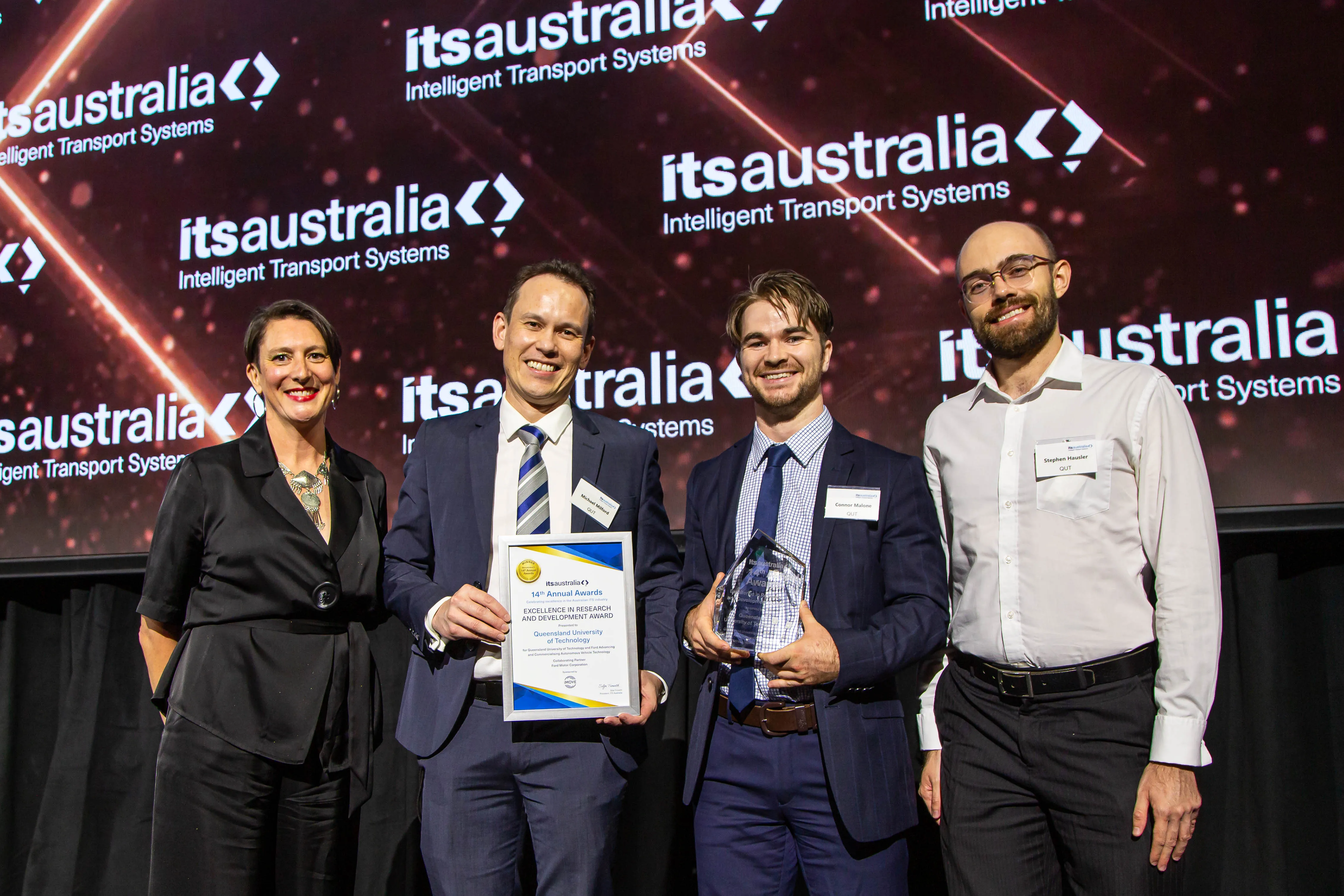Melbourne-based toll-road operator Transurban Group has announced that the consortium Lend Lease Bouygues is set to design and build the Sydney, Australia, NorthConnex tunnel link between the M1 and M2 motorways in the city’s northwest.
The nine kilometre, 80 km/h tolled link involves two motorway tunnels, built with a three lane capacity for future growth but initially marked for two lanes each way. It provides the missing link in the National Highway Network and offers a safe and more efficient way of
March 18, 2014
Read time: 2 mins
Melbourne-based Toll-road operator 600 Transurban Group has announced that the consortium Lend Lease Bouygues is set to design and build the Sydney, Australia, NorthConnex tunnel link between the M1 and M2 motorways in the city’s northwest.
The nine kilometre, 80 km/h tolled link involves two motorway tunnels, built with a three lane capacity for future growth but initially marked for two lanes each way. It provides the missing link in the National Highway Network and offers a safe and more efficient way of moving freight from Sydney’s north-west and upper north shore and connects the Sydney orbital motorway to the M1 Pacific Motorway, the Central Coast and the north.
The tunnel design features a clearance height of 5.3 metres, higher than any other tunnel to minimise the likelihood overhead impacts.
Transurban approached the New South Wales Government in 2012 under the Government’s unsolicited proposal regime to design, build, operate and finance the link. In May last year the proposal moved to stage three which involved negotiating and submitting a final binding offer. With the announcement the project moves into the planning approval stage with the public display of the Environmental Impact Assessment.
If approved work on NorthConnex would expect to begin in 2015 with the project open for use in 2019.
Transurban’s Chief Executive Officer, Scott Charlton, said: “We have gone through a unique and innovative competitive tender process to select Lend Lease Bouygues as the design and construction contractor. The twin tunnels will provide significant travel time savings for commuters and the freight network benefiting the NSW and Australian economies.”
The Australian and New South Wales governments will each invest as much as US$367 million, with Toll charges funding the rest, a statement from the state government said.
The nine kilometre, 80 km/h tolled link involves two motorway tunnels, built with a three lane capacity for future growth but initially marked for two lanes each way. It provides the missing link in the National Highway Network and offers a safe and more efficient way of moving freight from Sydney’s north-west and upper north shore and connects the Sydney orbital motorway to the M1 Pacific Motorway, the Central Coast and the north.
The tunnel design features a clearance height of 5.3 metres, higher than any other tunnel to minimise the likelihood overhead impacts.
Transurban approached the New South Wales Government in 2012 under the Government’s unsolicited proposal regime to design, build, operate and finance the link. In May last year the proposal moved to stage three which involved negotiating and submitting a final binding offer. With the announcement the project moves into the planning approval stage with the public display of the Environmental Impact Assessment.
If approved work on NorthConnex would expect to begin in 2015 with the project open for use in 2019.
Transurban’s Chief Executive Officer, Scott Charlton, said: “We have gone through a unique and innovative competitive tender process to select Lend Lease Bouygues as the design and construction contractor. The twin tunnels will provide significant travel time savings for commuters and the freight network benefiting the NSW and Australian economies.”
The Australian and New South Wales governments will each invest as much as US$367 million, with Toll charges funding the rest, a statement from the state government said.







